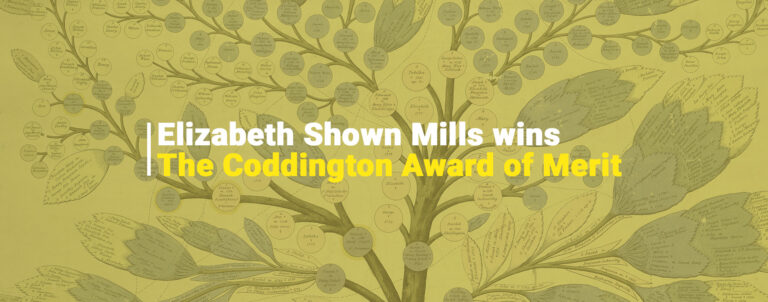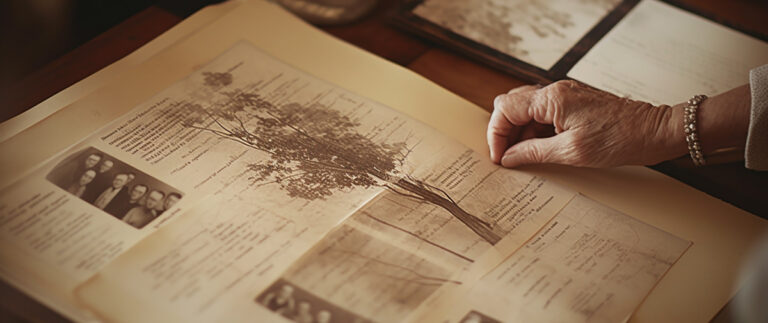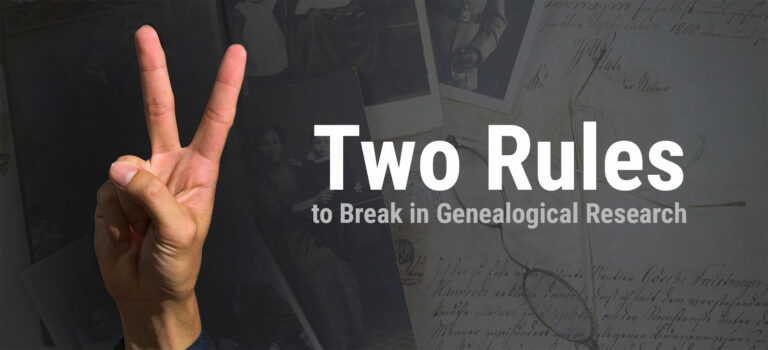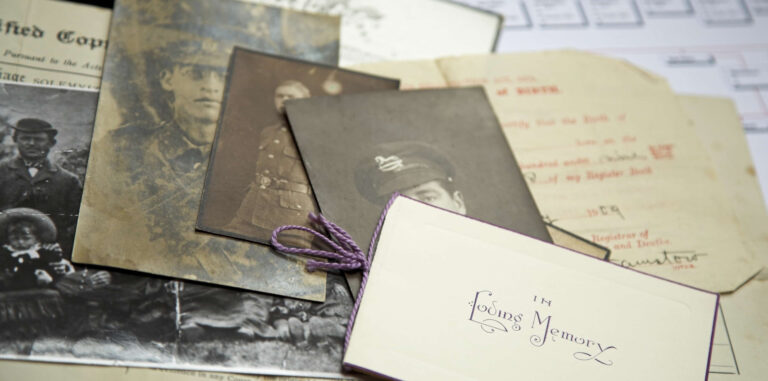Professional Genealogy

May 1, 2023
Handling Secrets & Sensitivities When Writing Family Histories, By Michael J. Leclerc, CG
Read more

July 25, 2022
New England Historic Genealogical Society Bestows Prestigious “Coddington Award of Merit” upon Elizabeth Shown Mills
Read more

December 6, 2021
The Researcher’s Guide. 4th Edition Reviewed in St. Louis Genealogical Society Quarterly
Read more

June 28, 2021
“Creating a Research Plan to Solve Our Research Problem,” By Laura Murphy DeGrazia, CG
Read more








